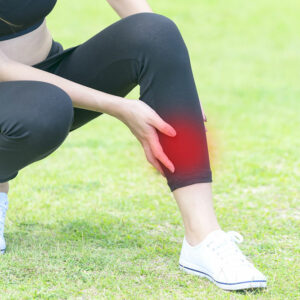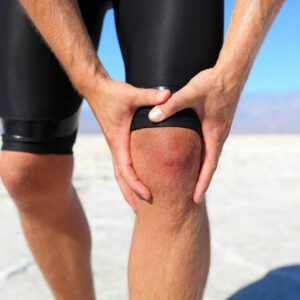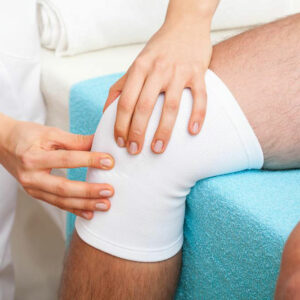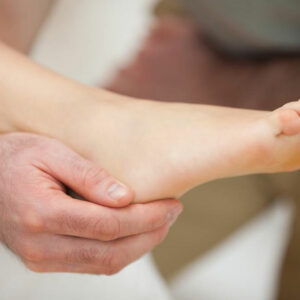
01
Common Causes of Night Sweats in Men and Women
Night sweats scientifically known as nocturnal hyperhidrosis are severe hot flashes occurring during the night, which can result in excessive sweating that could wet your clothes and sheets. Sometimes, due to the bedroom temperature being higher than the surroundings, or due to too many clothes on your body, you can sweat, but this is quite normal and has nothing to do with night sweats. So, if you suffering from true night sweats, which is occurring without any apparent reason, it is advisable to consult a doctor immediately. Causes of night sweats There are different conditions that can cause night sweats in men, women and even children. To know the exact cause one must visit a doctor, who will get the detailed medical history of the patient by performing different types of tests. Listed here are some of the major underlying conditions that are responsible for causing night sweats: Menopause This is a stage in which hormonal changes take place in women because of the drop in the level of a hormone known as estrogen. Menopause can cause hot flashes in women during the day as well the night. Menopause can affect males too according to medical professionals due to the drop in the level of a male hormone known as testosterone. This menopause condition can be one of the causes of night sweats in men as well as in women. Low blood sugar level Blood sugar (glucose level) in human blood should normally be between 70 to 130 mg/dL. When this blood sugar level falls below 70 mg/dL, several problems began to show up such as anxiety issues, dizziness, and sometimes blurred vision. Sometimes a drop in blood sugar level at night can make you sweat excessively, causing night sweats. Patients suffering from low blood sugar often take certain medications which can be one of the causes of night sweats occurring both in males and females.
Read More 










